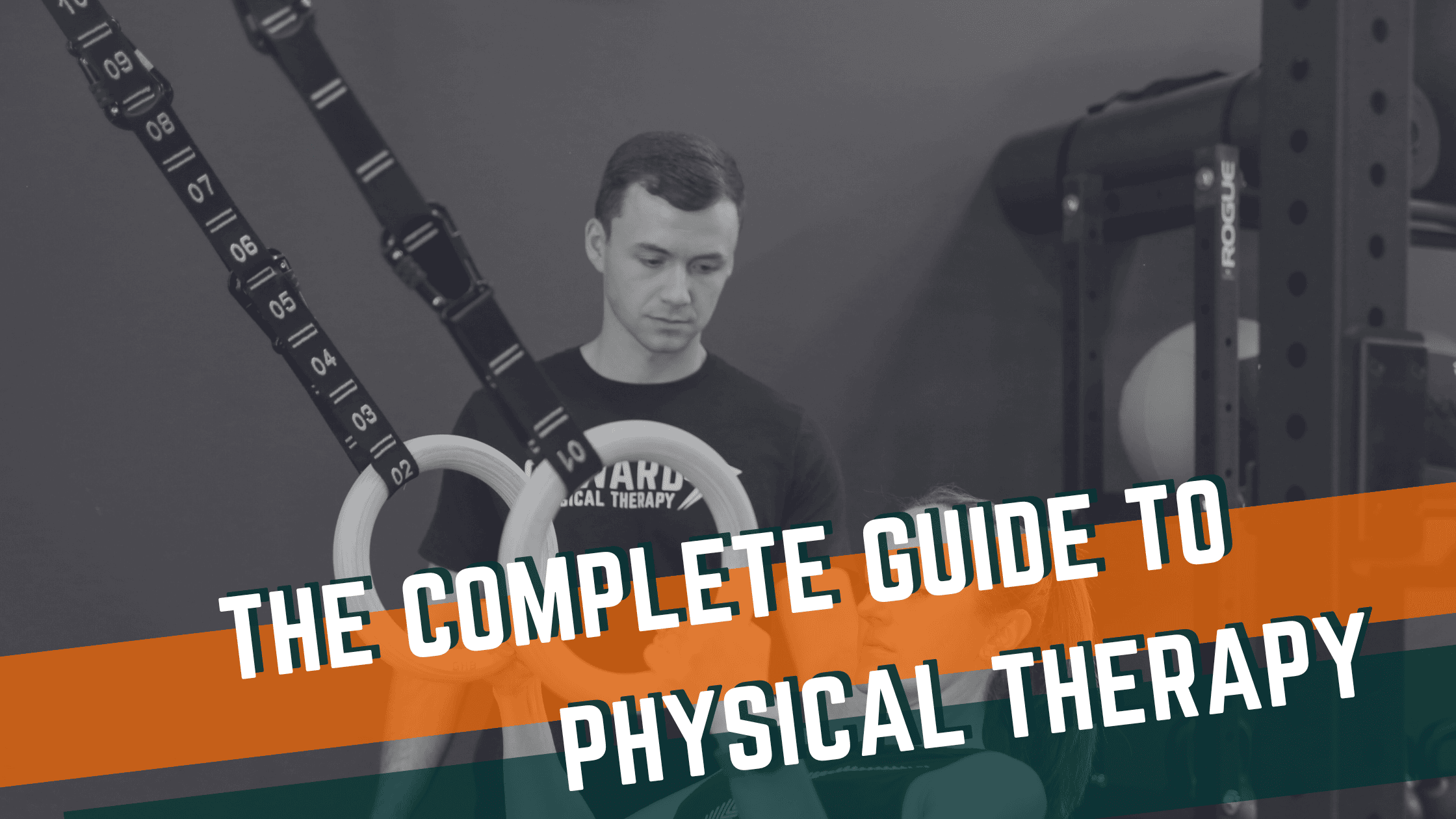
For endurance athletes, getting back to running postpartum is a huge goal. Having a child is life changing, coming with many good things, but also lots of increased stress. Running for so many is a fantastic outlet for this stress but lots of misinformation exists about when it is safe to return to running after pregnancy. We hope to clear that up a bit for you.
When Can You Start Running Postpartum?
Just like running during pregnancy, this is a more complicated answer than just giving a specific time frame. First, we need your doctor to give you clearance to resume exercising. From there before we start pounding the pavement we’d like to see women meet the following criteria:
- Moderate or less pain with exercise lasting <24 hours
- No pain / leaking / coning with activities of daily living, walking, squatting, jumping, bounding
- Good core awareness and pelvic floor muscle activation
Are There Signs I am Doing Too Much?
There are a few things to watch out for that would indicate your body is not ready for the exercise and or intensity of exercise you are doing:
- Pain
- Heaviness
- Leaking
- Coning / doming
- See the picture below where you’ll see some protrusion in the abdominal wall also know as diastasis recti (DR). DR is normal during pregnancy BUT we don’t need to further stretch the abdominal wall out by exercising too aggressively as this will slow postpartum recovery up.

If I’m Not Ready to Run, What Activities Can I Do?
There are a number of exercises you can safely do, if you don’t meet the above criteria, to begin building endurance back up. The easiest exercises to start with are typically going to be swimming, walking, and biking. If those are well tolerated we can progress to jogging, elliptical, and rowing before ultimately getting back to running.
Once you begin to run again, there are a number of strategies you can use if you begin to notice any of the above signs that you are doing too much. These strategies help to alter the amount of stress you are putting on your pelvic floor.
- Altering your stride length
- Changing your torso angle
- Changing the surface incline
- Working on breathing mechanics
- Using a pessary
How Can Onward Physical Therapy Help?
A running assessment combined with specific postpartum tests by a trained sports physical therapist can really help speed your recovery and get you back to running in less time.
Recent Articles
Why Early Intervention Physical Therapy Accelerates Your Recovery
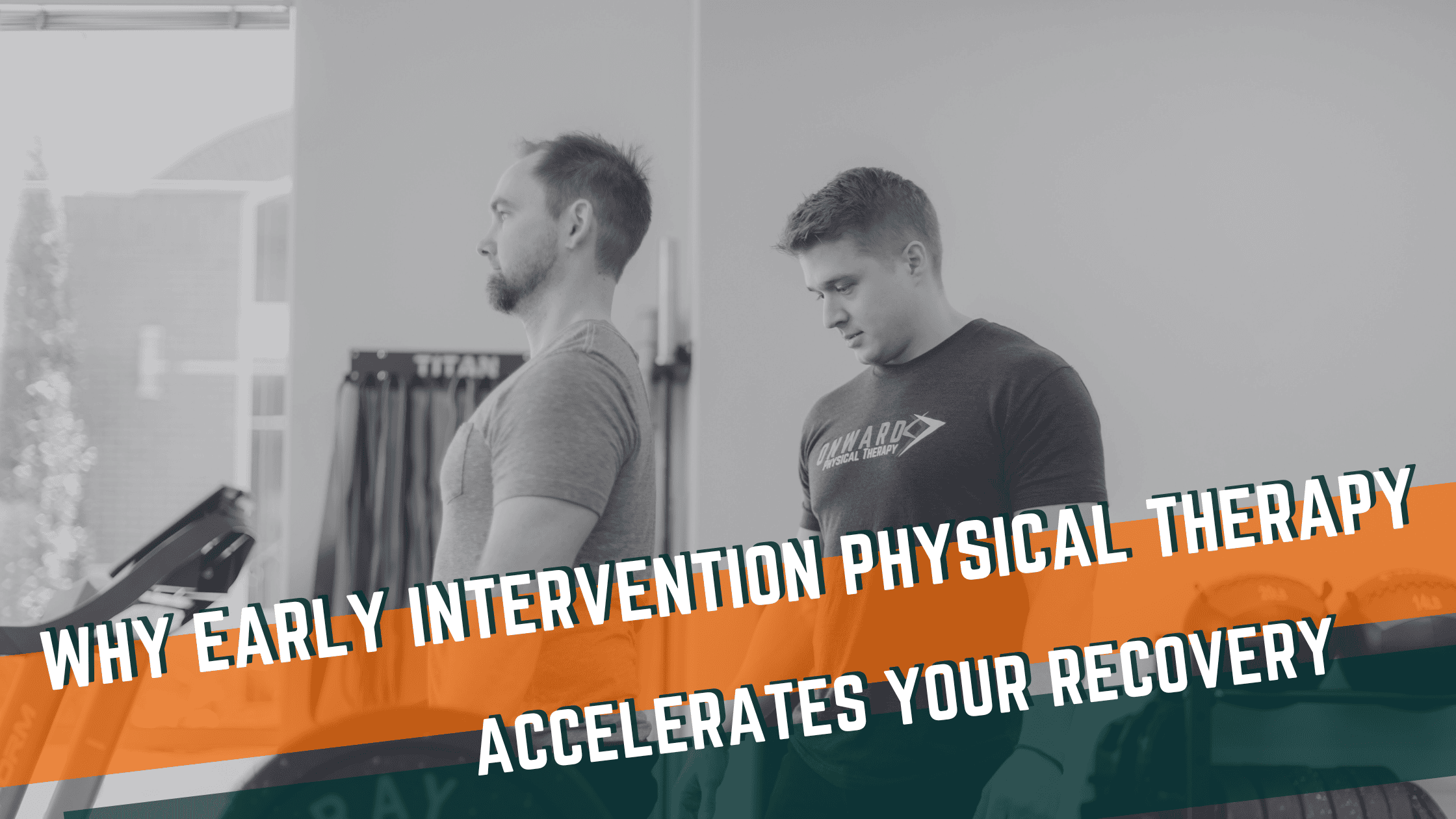
What to Expect at Your First Physical Therapy Session?
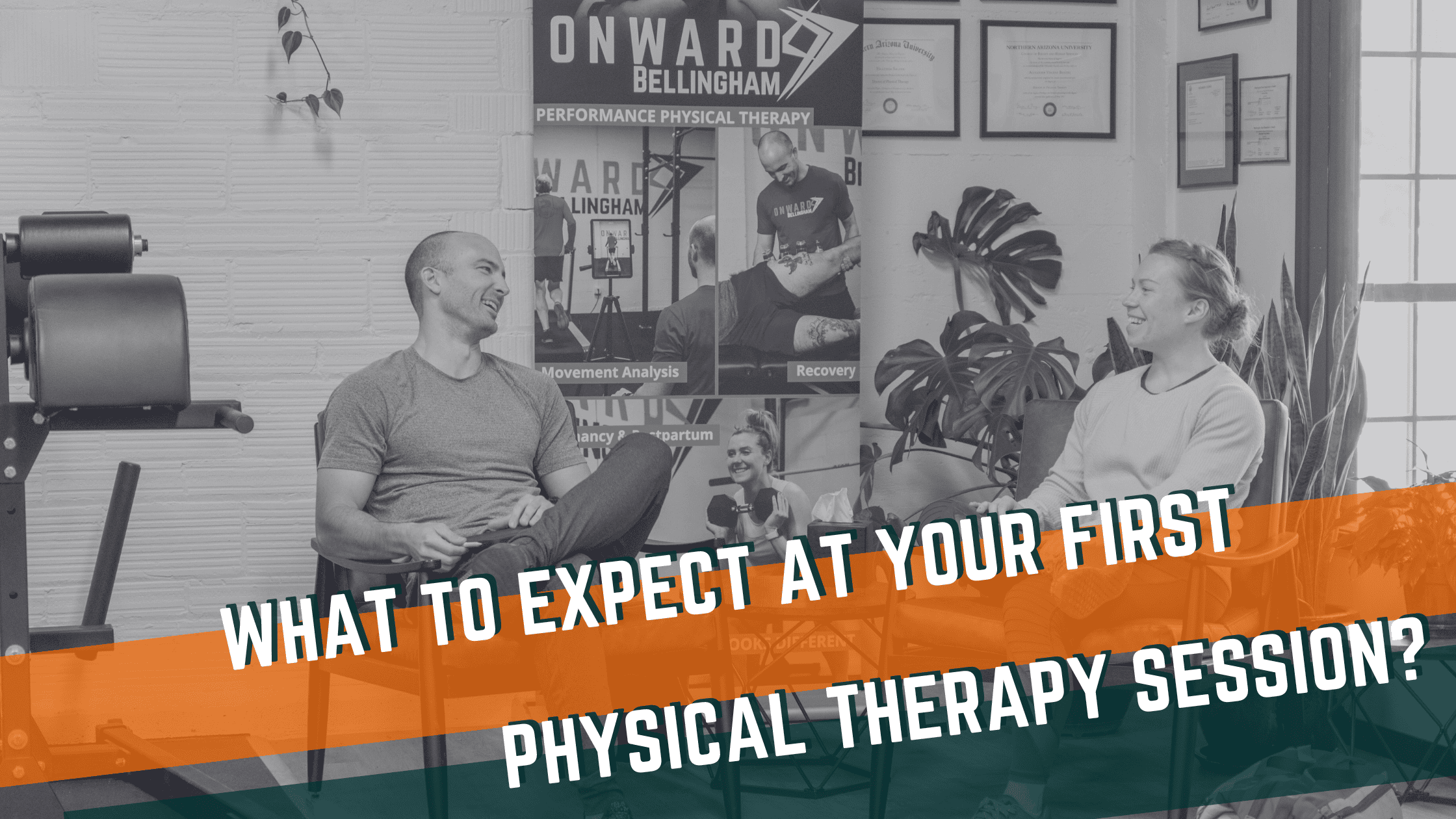
How to Choose a Physical Therapist
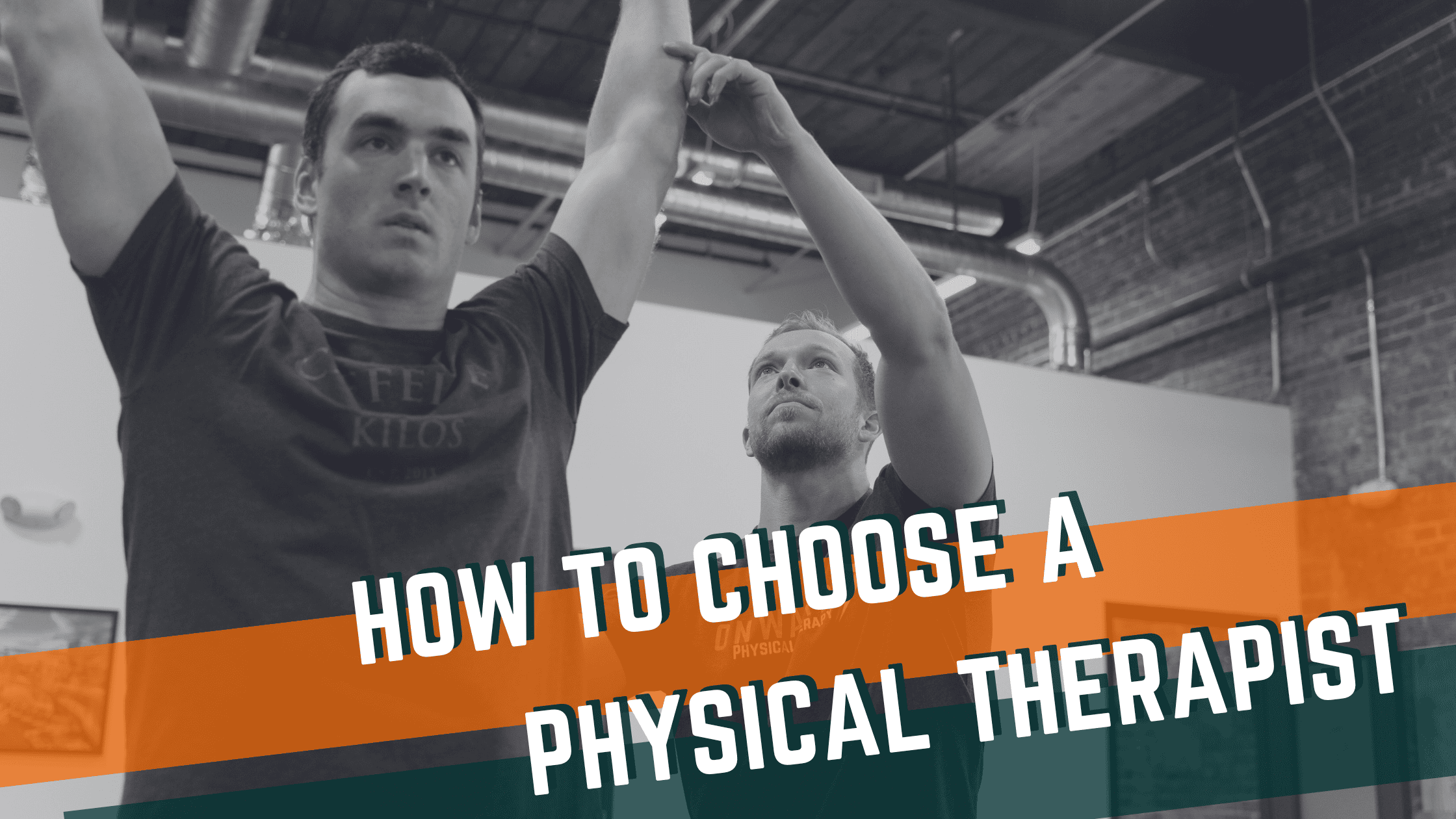
The Top 5 Misconceptions About Physical Therapy
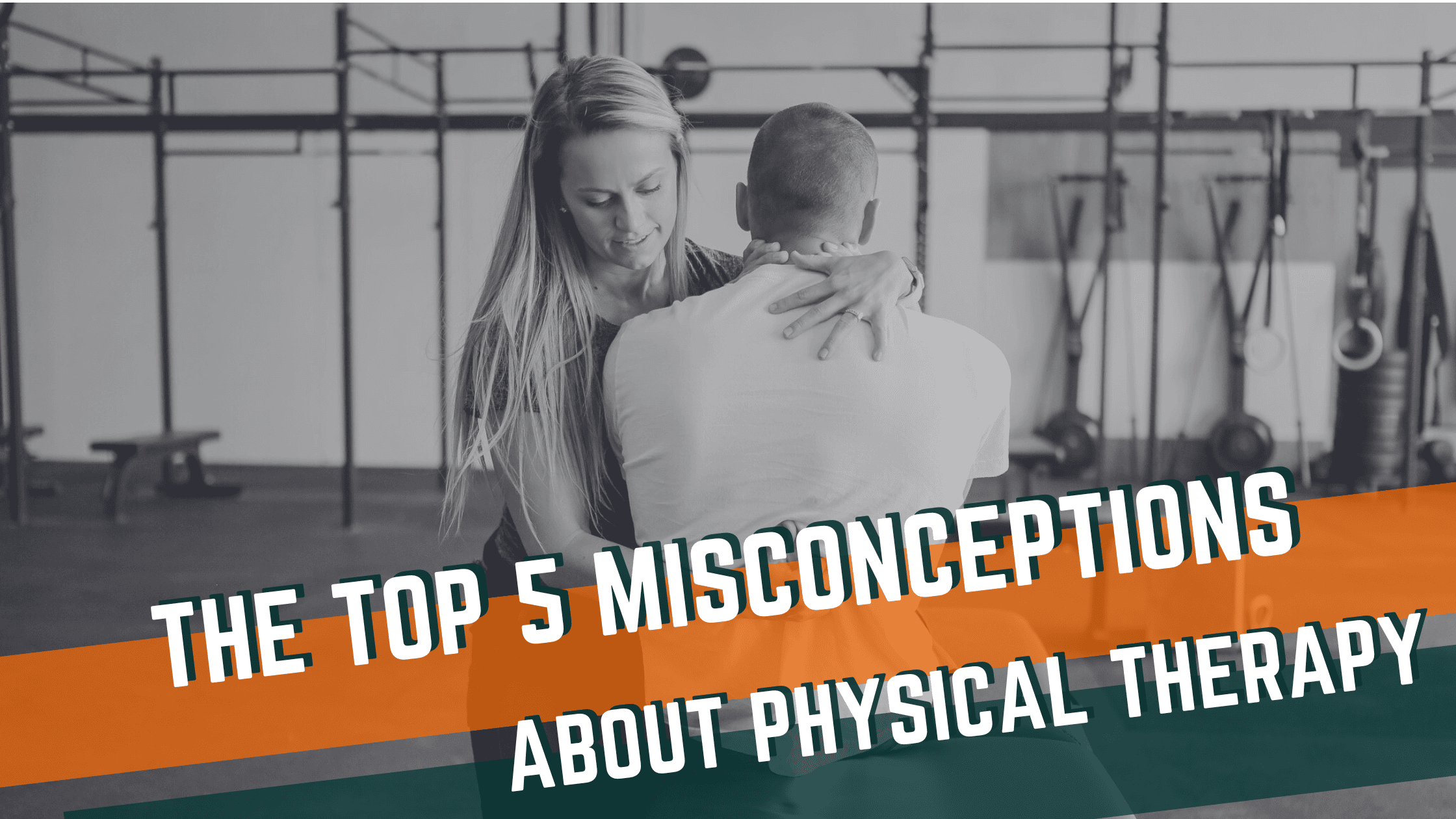
The Complete Guide to Physical Therapy
